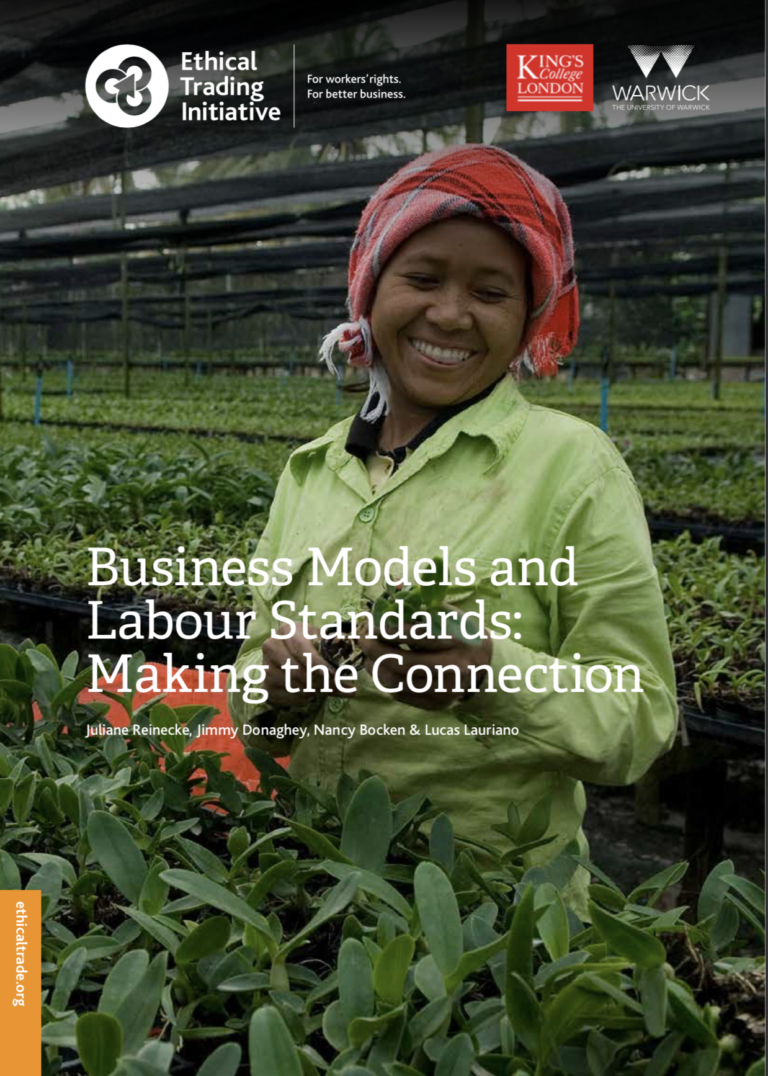Guidelines for Employment and Integration of People Displaced from Ukraine
GuidanceStandards & Codes of ConductGood PracticesTo reduce the risk to workers displaced due to the war in Ukraine, ETI established a working group with its members shortly after the Russian invasion, in early Spring 2022. The aim of the working group has been to facilitate knowledge and intel...Read More

